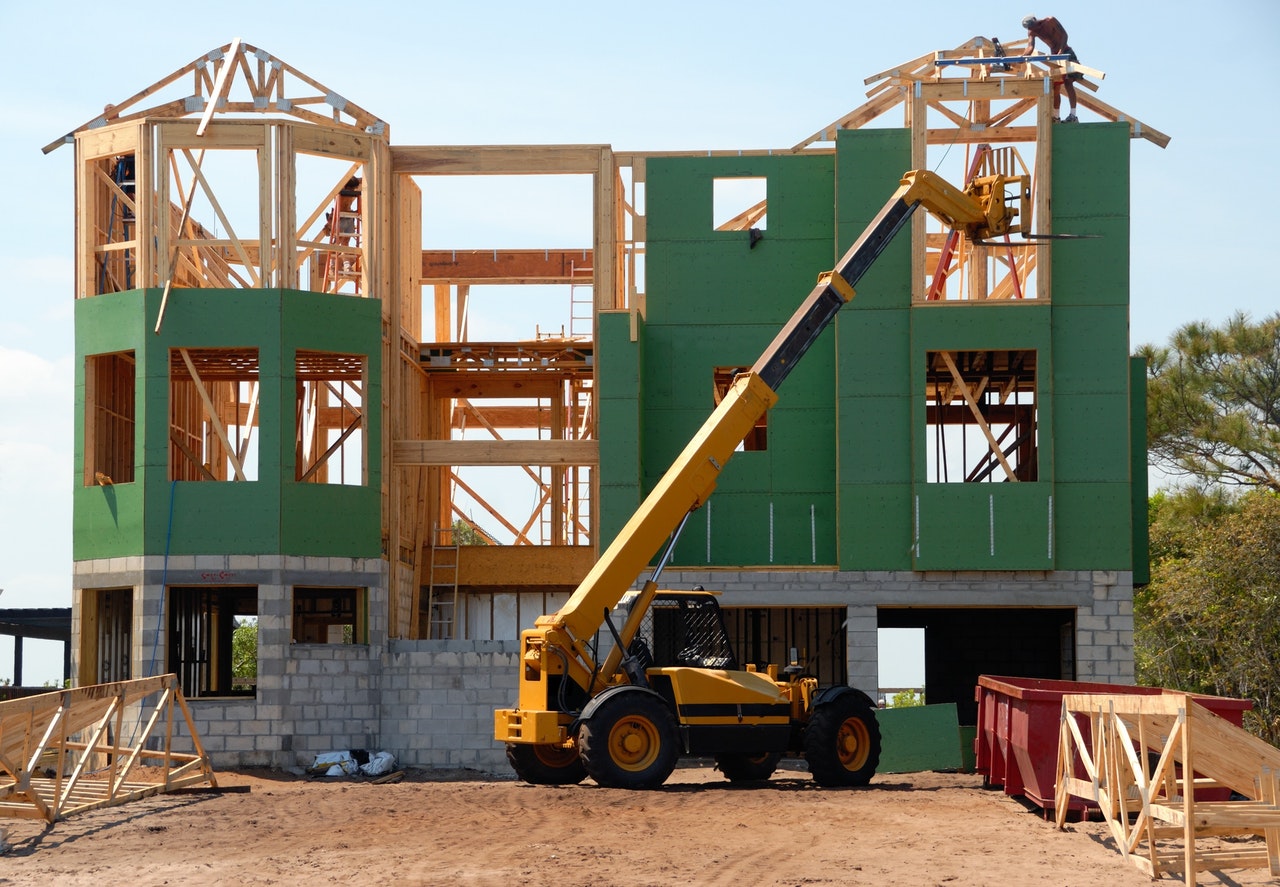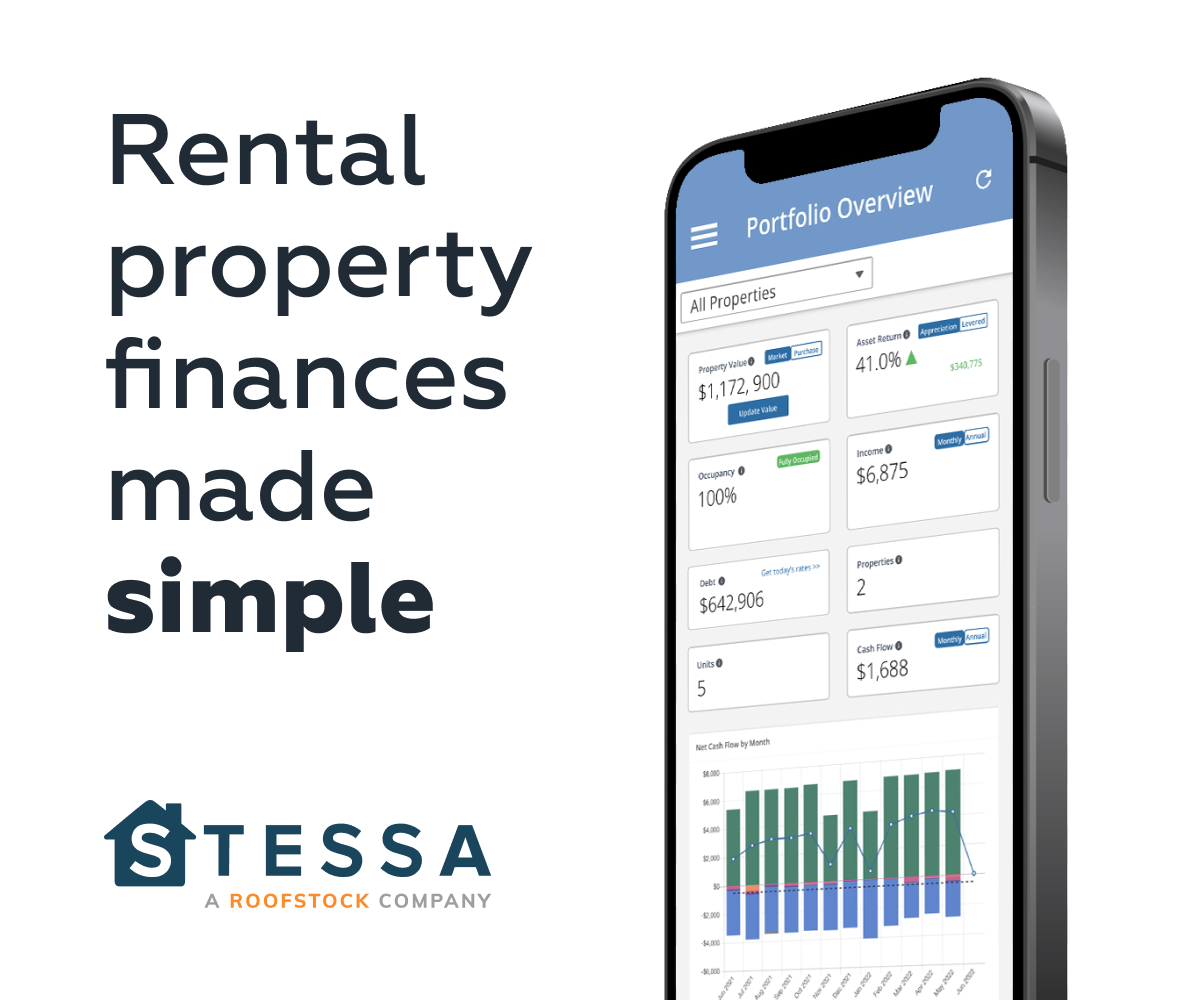Cash Flow or Appreciation in Real Estate Syndication Investing

A Nuanced Answer Depending on Goals & Strategy
Real estate syndication has massively grown in popularity since the 2012 JOBS Act. That piece of legislation gave syndicators far more options for structuring investment deals with passive equity investors¹.
Now, more than a decade later, passive real estate syndication investors are presented with numerous investment options. The age-old real estate investing question remains, however: Should I invest for cash flow or appreciation?
In this post I’ll go over a few key considerations that help investors just like you answer this question for themselves.
What are your goals?
This is just about you. What are your goals? What do you want to get back out of your real estate investments? What goals are you pursuing?
Are you investing for retirement? If so, how long is your timeframe? i.e. are you aiming to retire in 1-2 years, or in 25-30 years? If you’re retiring in 1-2 years, you’re probably less willing to delay gratification and go without cash flow than someone with a much longer time horizon.
Or maybe you’re investing to fund your kids’ college? Or to support a charitable cause?
You know your goals better than anyone else. Take time to sit back and reflect on your goals, then approach the cash flow vs appreciation question in light of which strategy best supports your specific goals.
Too often, investors look at this question in terms of what is objectively the “best” answer. The best will always depend on your goals. Know that before going into it.

You have to know where the goal is before you can score!
The Power of Cash Flow
Cash flow is the net return you earn through owning an asset. It’s the money you get to put in your pocket every month just because you’re an owner. But it’s not just that. Positive cash flow allows us to scale our portfolios and create true freedom.
Robert Kiyosaki has a great thought experiment to help us understand the power of cash flow. It goes something like this:
Q: If you had a deal that took $500 a month from your pocket, how many of those would you do?
A: None! That means you have to work to support your investments, instead of the other way around.
A: Now compare that to a deal that put $500 a month in your pocket. How many of those would you want to do?
A: As many as possible!
The goal here is to help us understand, in a real sense, what the impact of cash flow is on our lifestyle. Negative cash flowing investments are like a weight around our necks. Positive cash flow means our investments begin to snowball and eventually to support our lifestyle and goals.
The Two Types of Appreciation
Most people only think of one type of appreciation in real estate, but did you know there are actually two? Let’s get into it.
1: Market Appreciation: This is what most new real estate investors refer to when they talk about appreciation. You buy a property one year, then without doing anything to it, others may be willing to pay more for the property in the future due to inflation and general demand growth. This type of appreciation is generally very slow and is totally out of your control.
Unfortunately, individual investors cannot control the market; there are plenty of examples where markets have gone down instead of up! But the market isn’t the only thing that can drive up the value of a property: property owners can take steps to drive their property values up. That is forced appreciation.
2: Forced appreciation: This happens when we take proactive steps to increase the value of our properties. Flippers do this all the time over very short timeframes (there are plenty of problems with flipping that we’ll get to in a future blog post). Investors who plan to hold their properties for a longer period of time can force appreciation as well.
What does your asset class support?
Real Estate Syndication is a big tent. There are numerous asset classes and strategies you can invest in.
Each investment strategy and business plan has different features and benefits. Existing assets with in-place cash flow has a completely different return profile than new development real estate. Let’s talk about why.
Buying Existing
Existing properties may have both cash flow and appreciation potential. The breakdown of cash flow and appreciation for any deal will depend on many factors, including its occupancy status, physical condition, purchase price, location, age, and more.

Existing properties can have both cash flow and appreciation potential
New Development
New Development is almost exclusively an appreciation strategy. Investor capital is allocated to things like labor, materials, engineering, permitting, and so forth. It wouldn’t make much sense to expect cash flow from a property that doesn’t exist yet!

New Construction is typically all appreciation and no cash flow
Investing for Both Cash Flow and Appreciation?
We’ve seen that cash flow helps us scale in real estate, and that appreciation is not solely dependent on the market. Why not invest for both cash flow and appreciation?
When we understand that appreciation is not just due to the whims of the market, but that we can force appreciation, we open up a whole new world of opportunity.
Forcing Appreciation (adding value) in Multifamily
Multifamily syndication business plans are often focused on both cash flow and value add (or forced appreciation). After acquisition, the syndication team will hire contractors to perform renovations, to update & upgrade units.
The goal of adding value is to improve the property so future tenants will be willing to pay more rent, thereby raising the value of your property.
Let’s say you have a 150 unit property. You see that you can raise rents by $100/month by investing $10,000 per unit to upgrade. That’s 150*$10,000, or $1,500,000 to upgrade your property.
What’s the upside?
You’re raising rents by $100 per month per unit net, so each unit brings in $1,200 more per year. Multiplied by 150 units, that’s $180,000 more per year in income.
Here’s the key: that income is capitalized, or added to the value of the property. In a 5 % cap rate market, those renovations increase your property’s value by $3,600,000.
So the property’s value has increased by more than double the investment in renovations, plus it’s producing more cash flow every year! This is a fairly baseline example, too. $100 per month rent upside is relatively low, many properties are $250-300 per month under market rents when we buy them.






